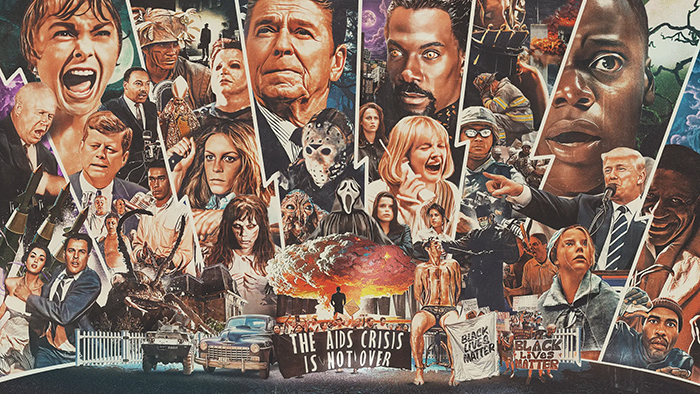
Be Afraid: What Horror Movies Say About America
BY RICHARD NEWBY, Oct 23
McCarthy-era paranoia. The AIDs epidemic. Post-9/11 Trauma. Scary movies have always reflected our biggest fears … and spun them into box office gold. These are frightening times. Of this, there is no doubt. We may even believe there’s never been more to fear. And for some populations, that’s true. But humanity has always lived in frightening times.
Since we first cast shadows onto cavern walls, we’ve made things to fear. Over time, those shadows evolved into performers donning masks, authors putting ink to paper, and filmmakers harnessing technology to project our nightmares onto the screen as we returned to our cave-dwelling roots to sit in the dark with others. We are a horror people. And as the world has gotten scarier, horror has been there to reflect back our fears.
The rise of Hollywood and independent filmmaking in the 20th century created a lasting dialogue between what we see in the fear-seeking news, and what films are made in response. Early American horror movies of the mid-1920s and 30s, particularly those produced by Universal Studios, brought the great literary tales of horror and folklore to the silver screen. The Phantom of the Opera (1925), Dracula (1931), Frankenstein (1931), The Invisible Man (1933), Werewolf of London (1935), and all of their various sequels and crossovers through the ‘40s were tied to European stories and history, providing motion pictures with a level of prestige and literary merit, until the sequels started getting sillier and sillier, though nonetheless charming.
…
Larry Fessenden, who had been making short films since the late ’70s, hit the feature film scene with No Telling (1991), an environmentally and ethically concerned Frankenstein story, and Habit (1997), a raw reimagining of vampire lore through the lens of addiction.
…
Even familiar subgenres popularized in the ’70s were given a new vibrancy in films like Karyn Kusama’s The Invitation (2015), which looked at grief through the lens of a suicide cult, just as cult personalities attempted to control America. Jenn Wexler’s punk-slasher The Ranger(2018) centered on a group of teens making a stand for their own space in America as a deranged park ranger attempts to enforce rules of patriarchal oppression.
…
While fans of IP-shackled sci-fi and superhero movies are crying “woke” at every turn, horror has carved out enough seats at the table for everyone to have a voice, and those voices are growing louder.
So, what’s next? Where will the 2020s go from here? What can we expect from the 2030s? America faces a major turning point in just a few weeks. It would be nice to have fewer things to fear, but regardless of the outcome, we’ll do what we have always done. We’ll cast shadows and somehow, once again, we will manage to find ways to explore fears.
We are, after all, a horror people.
Read full article in THE HOLLYWOOD REPORTER

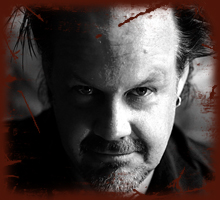
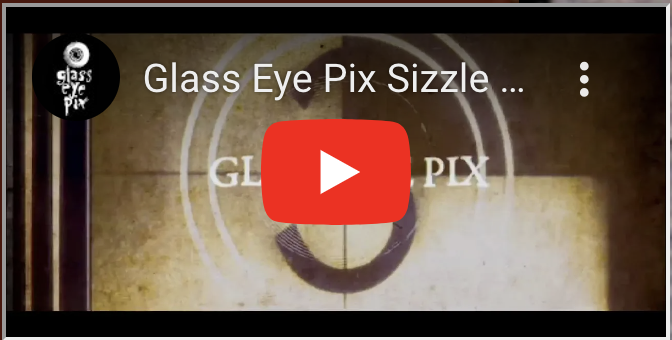
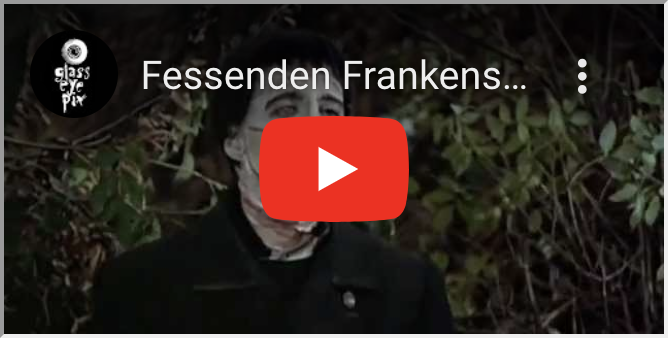
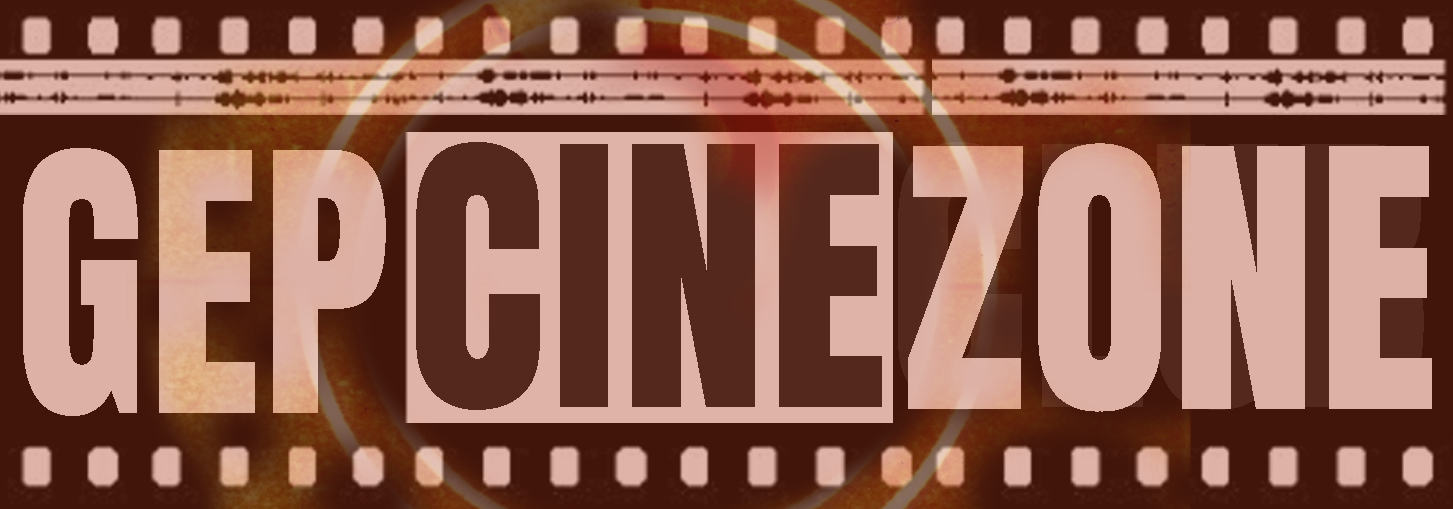



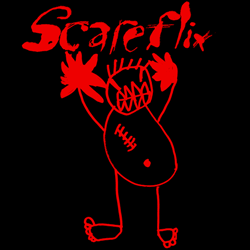
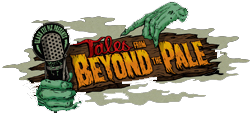
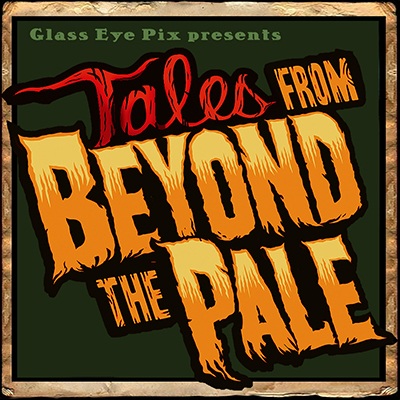
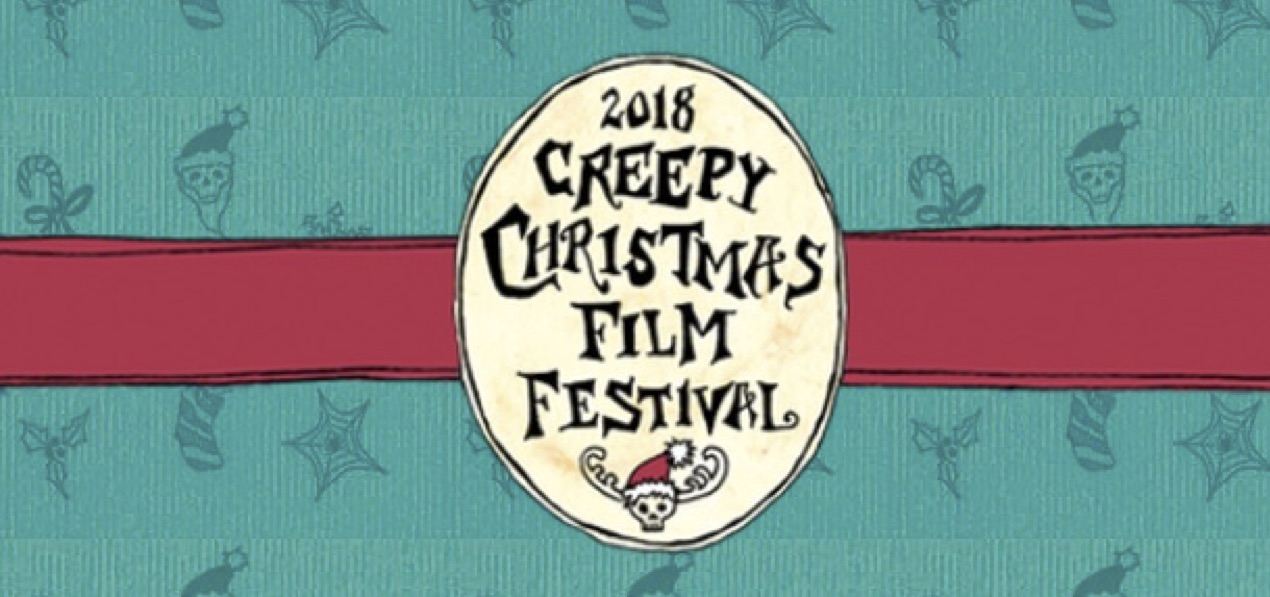
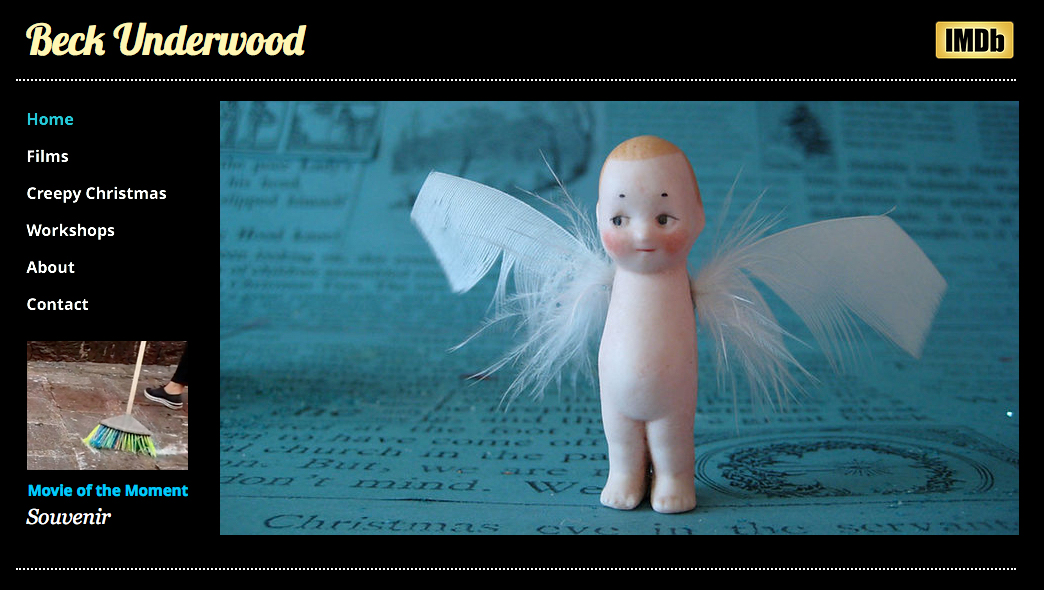
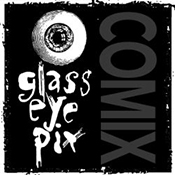
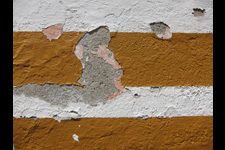
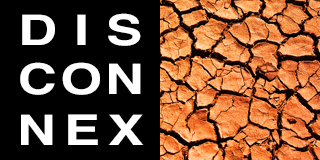


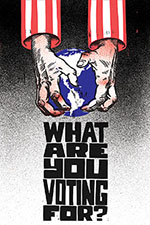
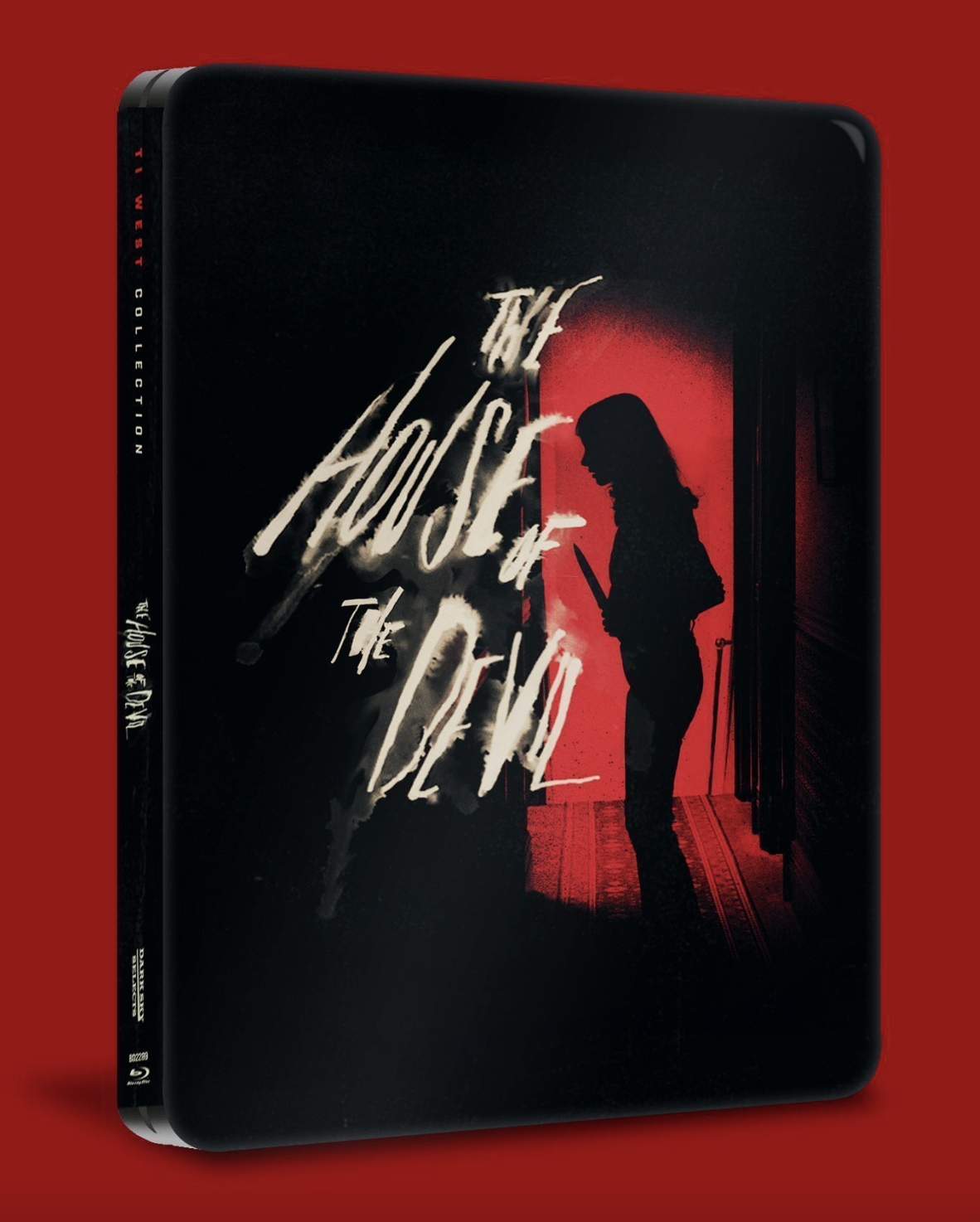
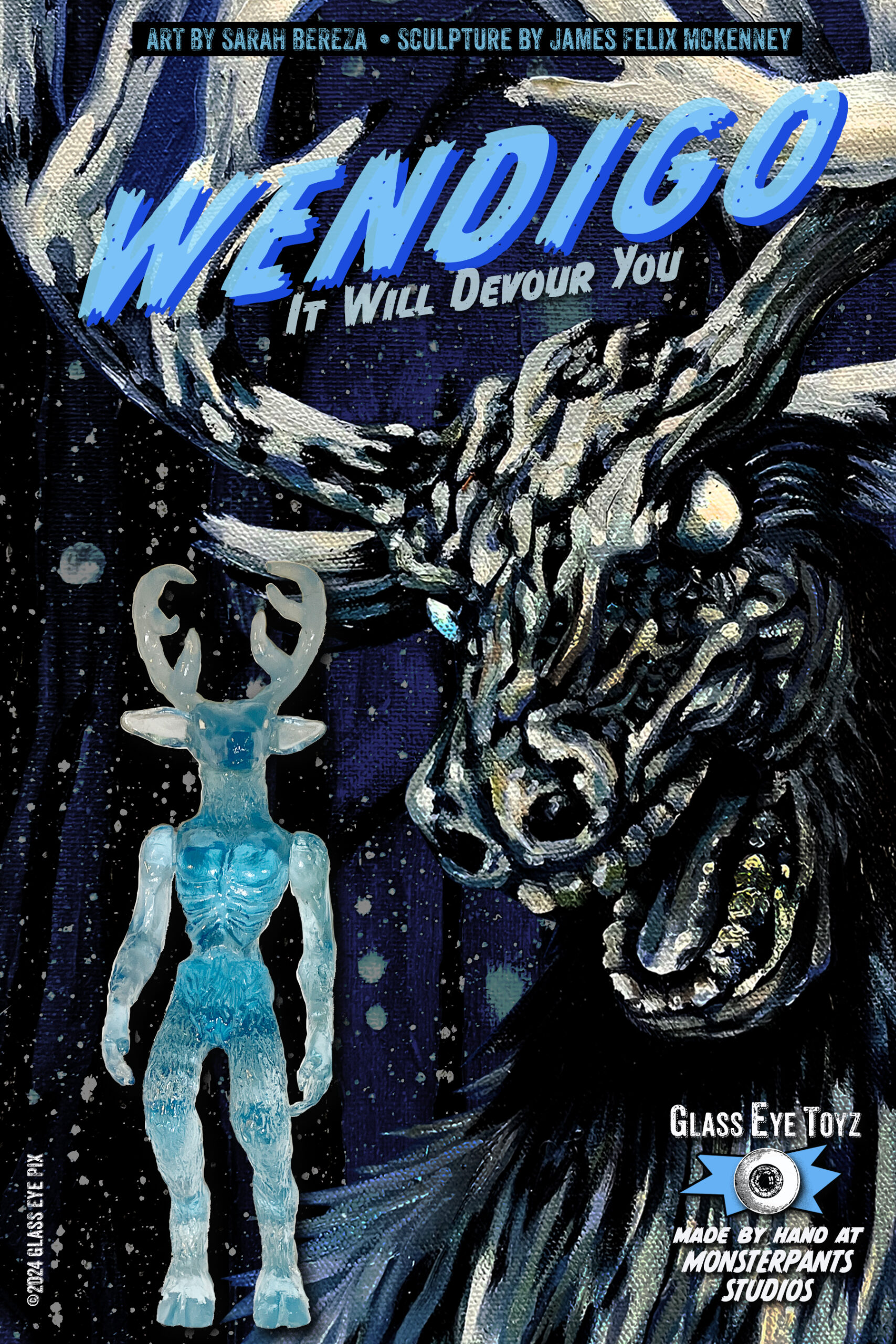
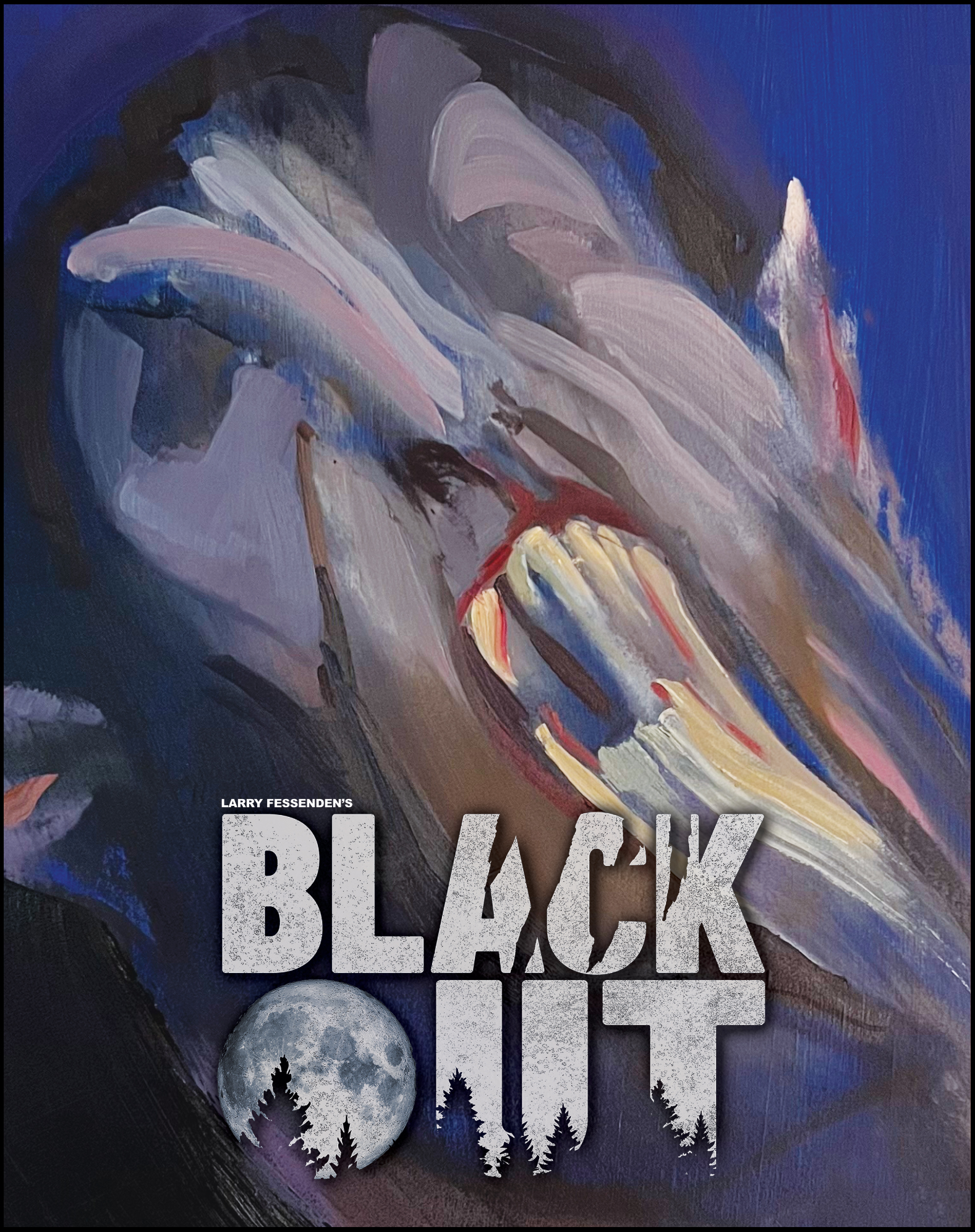
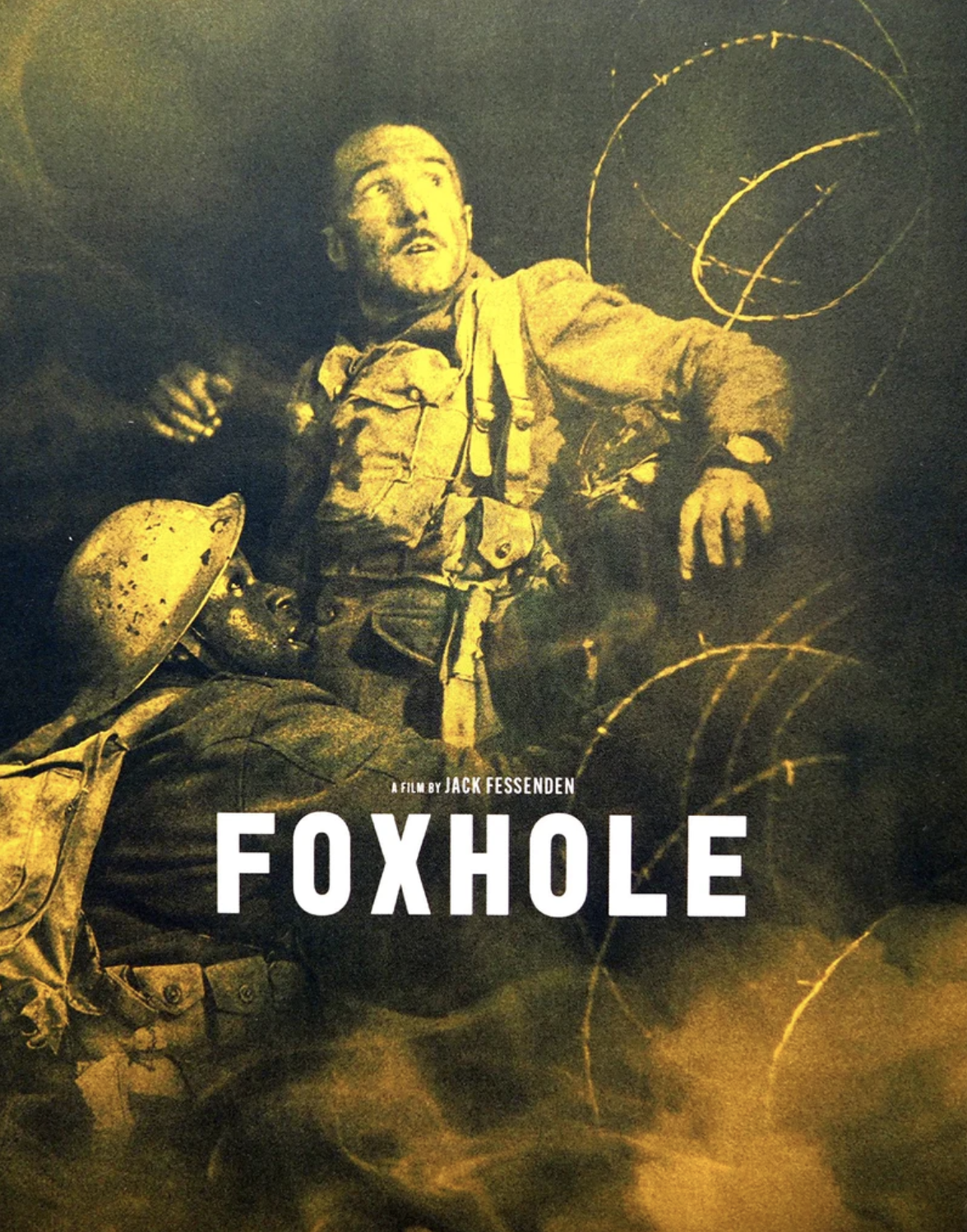
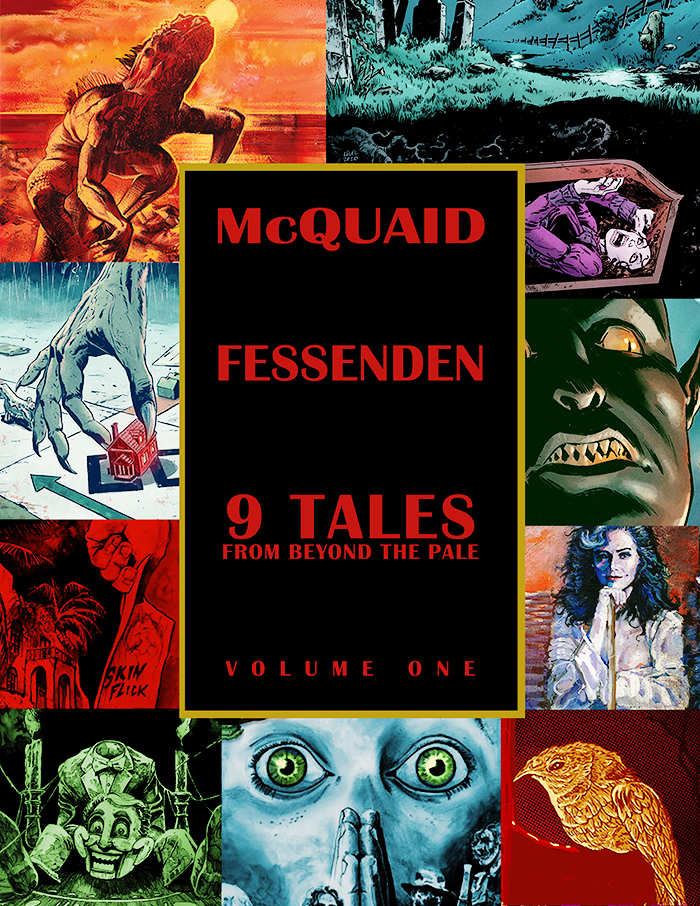
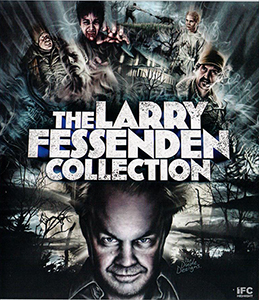
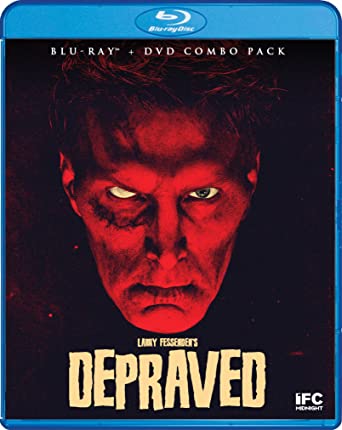
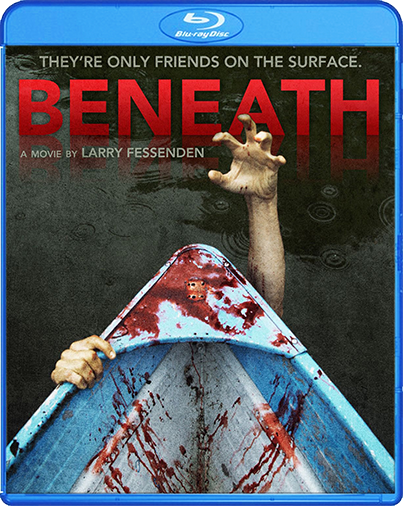
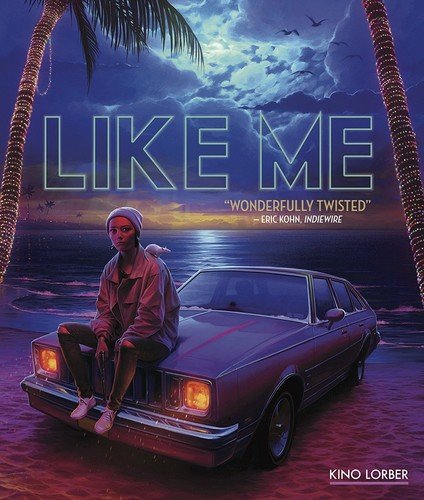
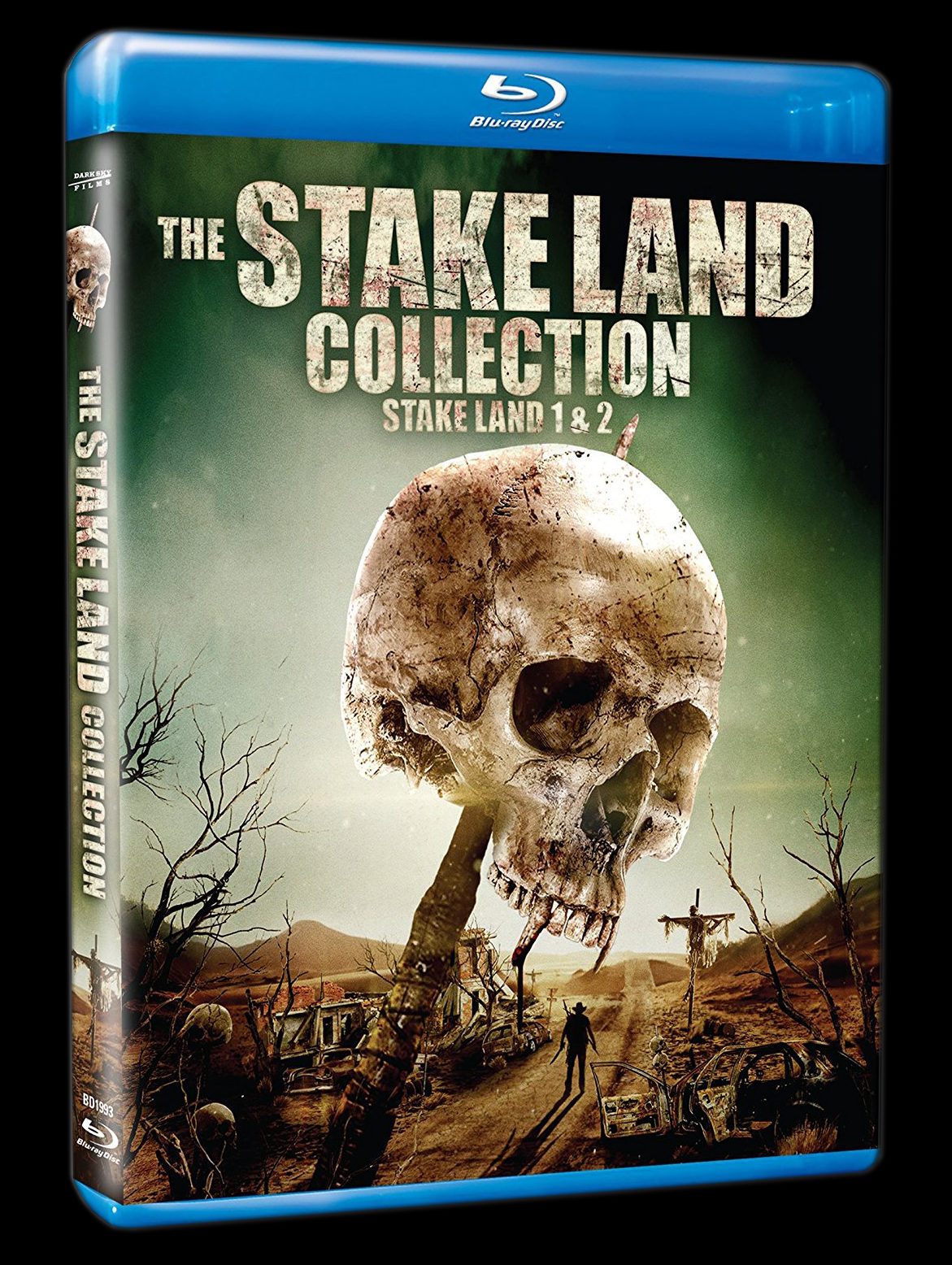
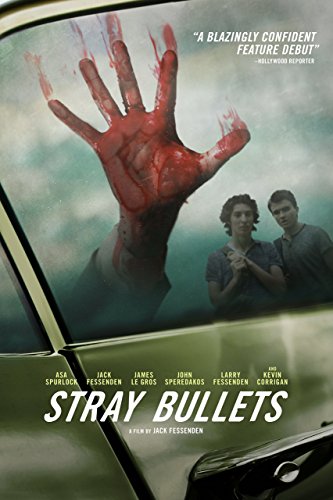
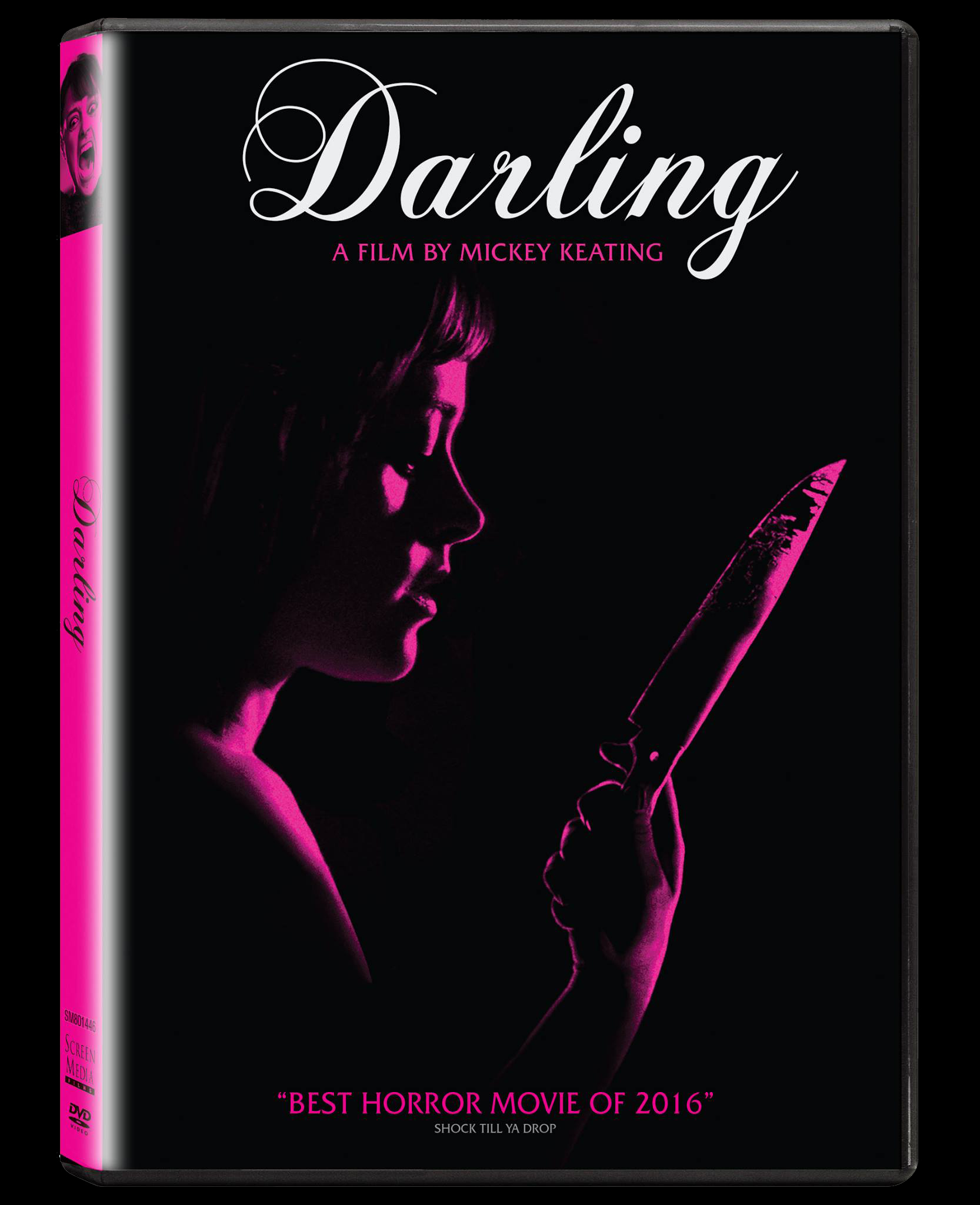
Add a comment